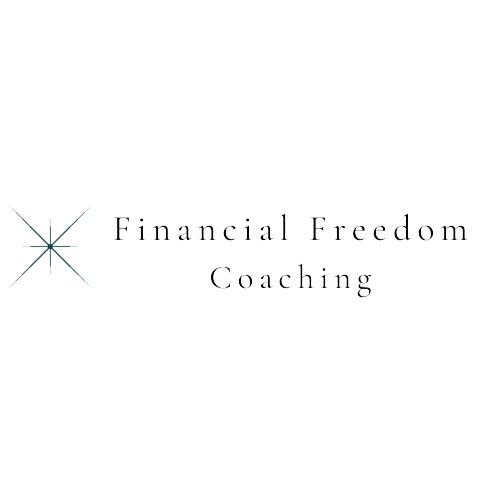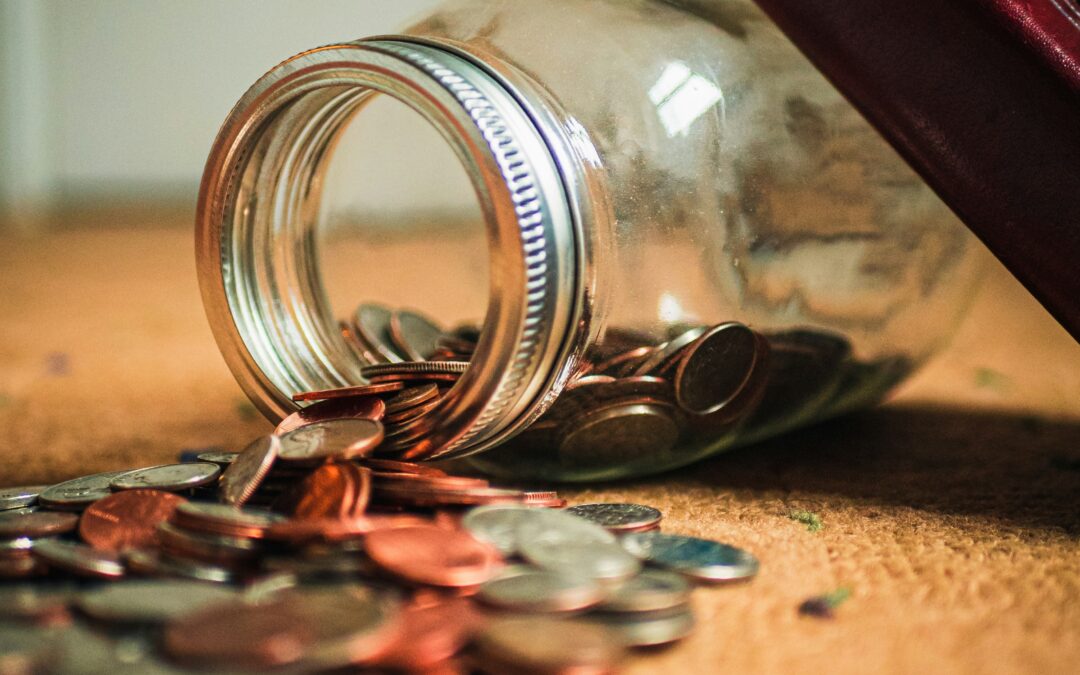Unexpected expenses are going to happen, but you can be ready with your emergency fund. Life is going to happen; you can turn the emergency into an inconvenience.
What is an Emergency Fund?
An emergency fund is a specific bank account you use to set aside money for unexpected expenses.
Here are a few examples of unexpected expenses:
Household expenses: appliance repair or replacement, electrical or plumbing problems
Medical Expenses: illness, hospitalization, dental work
Auto Expenses: major car repairs and parts,
Family and Other Expenses: Job Loss, Funeral, travel to help ill family member, increase in taxes
Having an emergency fund gives you power and control over the unexpected expense. It removes the financial stress and anxiety and gives you financial security.
Why do I need an emergency fund?
You will be prepared for those unexpected expenses and turn the emergency into an inconvenience. You won’t have to rely on credit cards or borrowing money from friends or family.
With an emergency fund you will be prepared. When creating your monthly budget, set aside money each month that will be put into your emergency funds account. When you have this fund, you are preparing for the unexpected expenses that will come your way.
Not using a credit card for an emergency will save you money. Emergencies are stressful enough without adding the extra expense of having to pay interest on top of the emergency expense. You can pay cash and move on.
Cash in the bank gives you financial freedom and peace of mind.
How much should I save in my Emergency Fund?
There are a few options or ways to approach it.
If you are just starting your emergency fund and have consumer debt, you may want to start with $1000.00. Once you pay off your other debts you can work on increasing the amount.
Once you have your goal amount, budget each month for money to go into that account. A great tip is to set up an automatic transfer from you checking account to your savings account. If you have the option through your employer to have money directly deposited into a savings account, that is a great option so the money never goes into your checking account in the first place.
Once you have your debts paid, you can build your emergency fund up to 3 to 6 months of expenses. The key here is to plan and make it realistic and doable.
Where do I put my Emergency Fund money?
Ideally, you will have a savings account that you use specifically for your emergencies. If possible and if you have qualifying amount of funds you can use a high interest rate savings account that still gives you easy access to the funds in case of an emergency.
If you don’t quality for a savings account, you can open a second checking account and use it as your emergency funds “savings” account. Once you have built positive banking history, you are more likely able to qualify for a savings account.
You don’t want to put this money in a box in the dresser or some unsecure place. You want to put these funds in a secure and accessible place. You want it accessible in order to pay that emergency medical bill or auto repair bill, but you don’t want it so accessible that you are dipping into it for every little thing.
When should I use my Emergency Fund?
When an expense comes up, take a moment to evaluate, can you adjust your current monthly budget to cover the expense? If so, you won’t have to tap into your emergency fund. Maybe you skip going out to eat for a week or two, or you hold off on buying a want item.
Once you use your emergency fund you will need to make sure to rebuild it to your minimum amount. At times skipping the few extras will be worth not having to dip into the emergency fund.
If adjusting the monthly budget wont cover the emergency expense do an evaluation and ask yourself:
- Is this and unexpected expense?
- Is this necessary?
- Is this urgent?
If you answered yes to all three questions, then you need to use your emergency fund.
What are other ways to build my emergency fund?
- If you are getting a tax refund, this is a great place to put those funds.
- If you have worked some overtime, you could put the extra unplanned income into the emergency fund.
- Sell items online and earn a little extra money.
- Create a side hustle.
An Emergency Fund is for Everyone
Everyone needs to plan for the unexpected. Having an emergency fund will remove the financial stress and anxiety from the emergency. You will be able to pay cash and move on, without going into debt.
Get help calculating and setting up your personalized emergency fund. Schedule your Free Consultation call HERE.

